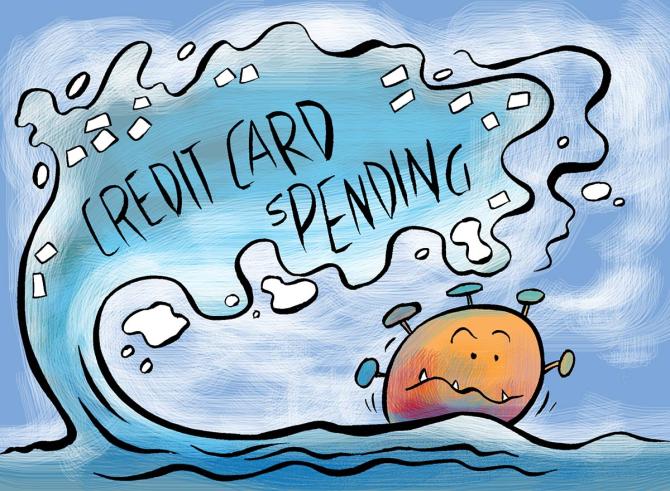The Reserve Bank of India’s (RBI’s) recent decision to allow credit cards for payments through the Unified Payments Interface (UPI) is likely to attract a merchant discount rate (MDR), said a top payment industry source. For smaller merchants, a subsidy for MDR could be provided.

“With credit card-UPI linkage, UPI will not only be a payment instrument but also a lending platform.
"How can banks lend without a commercial model? Also, the government has said MDR will be zero for payment products but not for lending products,” the source said, indicating the MDR regime for credit card-linked UPI payments.
MDR is a fee calculated as a percentage of the transaction which is paid by merchants to banks for processing payments.
The card-issuing bank, after retaining part of it, shares the rest among the payment network and point-of-sale terminal providers.
“…one thing is for sure, this will not work without charges.
"There has to be a commercial model.
"If the commercial model is viable for merchants, they will accept credit card transactions”, he said.
In the past, the central government had provided Rs 1,300 crore to promote RuPay debit cards and low-value UPI transactions up to Rs 2,000 by reimbursing MDR to banks which was brought down to zero in December 2019.
“Technically, digital payments in the unorganised sector generate more volume; the organised sector generates more value and it is the one that pays MDR.
"Perhaps, a subsidy could be provided to smaller merchants,” the payment industry source said.
In the monetary policy announcement last week, the RBI said it would allow the linking of RuPay credit cards to UPI, thereby introducing a credit payments facility on the interface, currently being used as a “pay now” facility, wherein money is debited from the customer’s bank account directly for any transaction.
Though credit card-UPI linkage is a novel move that is expected to expand the universe of digital payments, industry players are currently engaged in seeking clarification from the RBI and the National Payments Corporation of India (NPCI) on the pricing structure for a smooth rollout of this facility.
When asked about the pricing structure, T Rabi Sankar, deputy governor, RBI, said: “The pricing structure is something that banks and system entities have to work out.
"At this point, we will introduce the arrangement and see how the pricing goes.”
Brokerages have raised concerns that in case there is MDR for UPI-credit card transactions (vs no MDR on debit UPI), the uptake of this product outside of the existing merchant base that uses PoS devices (and pays MDR on card transactions) shall remain muted.
While there is no MDR on UPI payments, MDR on debit card transactions is capped at 0.9 per cent.
There is, however, no cap on MDR for credit cards. Usually, credit cards (non-RuPay) attract MDR up to 2 per cent of the transaction amount versus 0.5 per cent in the case of debit cards.
RuPay debit cards attract no MDR, whereas RuPay credit cards typically have lower MDRs than Visa/Mastercard cards.
Also, usually, the issuing bank takes 60 per cent of MDR, and the balance is shared between the network provider (such as Visa, Mastercard) and the acquirer.
“This move (credit card-UPI linkage) will give a huge boost to the economy because today UPI allows the customer to use his/her own money. Now, the customer can use the lender's money for payment.
"Currently, credit cards are accepted by 2-4 million merchants.
"Now, the 50-million UPI merchants can be part of the credit economy.
"So, this will drive consumption in a very big way,” said the payment industry source.
“This will also help small merchants who are not part of the credit economy.
"The issuance of physical cards has a limitation but now with this model coming up, digital issuances can be started.
"Now, with a captive user base of about 250 million, once they give their consent, these consumers can be issued RuPay credit cards digitally and we can take smaller bets on the larger population,” he added.












 © 2025
© 2025